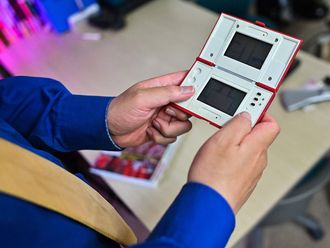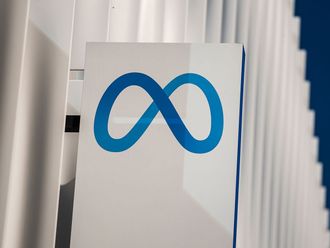
After seeing the major success of its mobile game Monopoly Go, Saudi Arabia's Savvy Games Group plans to invest more in mobile game development and acquisitions, according to the company's chief executive officer.
Savvy, wholly owned by Saudia Arabia's Public Investment Fund, agreed to buy mobile game maker Scopely for $4.9 billion last April, the same month the Monopoly title was released. Since then, the online iteration of the famous board game has grossed $2 billion in revenue.
Now, Scopely will form the "tip of the spear" for Savvy's investment strategy, CEO Brian Ward said in an interview this week. That means more money for the mobile game publisher, which already operates eight development studios, and may involve adding a "genre-leading title" to Scopely's roster.
Savvy announced in 2022 that it had $38 billion in funding to help turn the oil-dependent nation into a hub for the video-game industry. The company has since invested $8.3 billion.
"We're not in a rush to deploy all the capital within a certain time frame," Ward said, adding that his top priority now is "enabling Scopely to do what they do best."
Scopely spent nearly $500 million on marketing alone for Monopoly Go "- more than Sony Group Corp. spent developing Spider-Man 2, a hit console game.
"We have a short recoup horizon for that spend," Scopely CEO Javier Ferreira said in an interview at the Game Developers Conference last month. "We used it to achieve an audience of 10 million daily active users. And we got the product to a revenue scale that I don't think any product in mobile games in the West has achieved."
Ferreira added that, since the acquisition, Savvy has been hands-off with its day-to-day operations.
Savvy also has two of its own games in development and is taking a mobile-first approach.
Not all of Savvy's investments have been as immediately lucrative. An early focus on esports has raised questions as the industry struggles to attract audiences and sponsors.
The company put over $1.5 billion into acquisitions to form ESL Faceit Group, which will operate Saudi Arabia's Esports World Cup this summer with a record-breaking $60 million prize pool. ESL Faceit laid off 15 per cent of its staff in February, which Ward said was due to redundancies. He said Savvy is done making large investments in esports.












